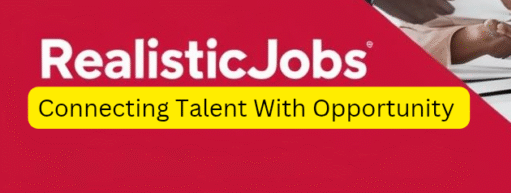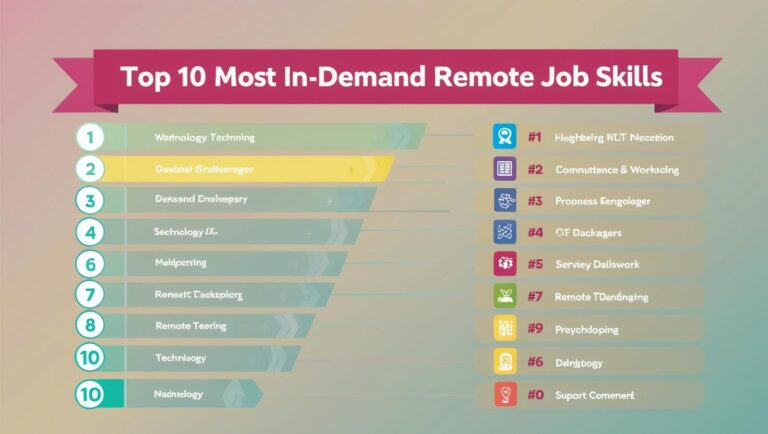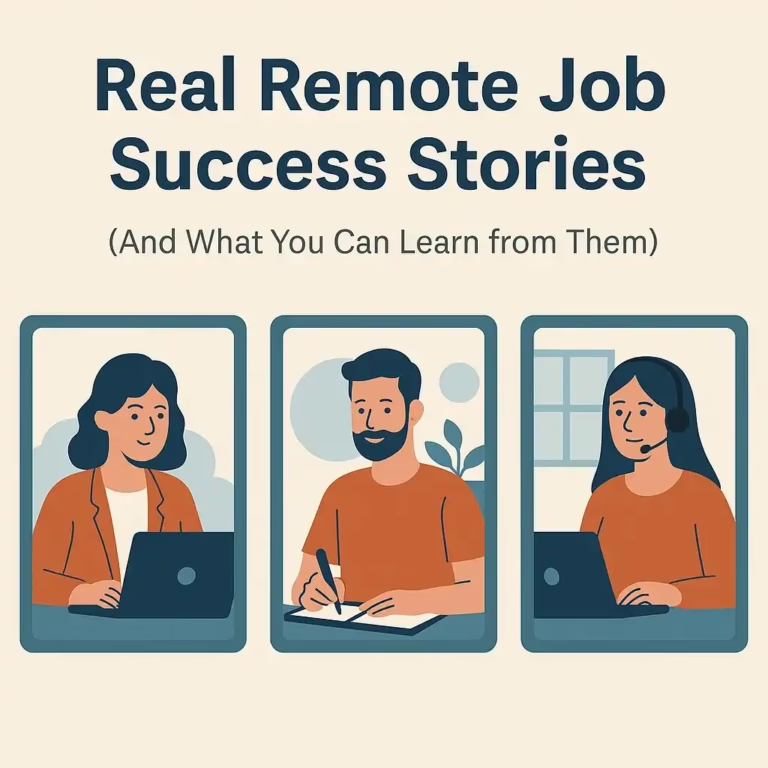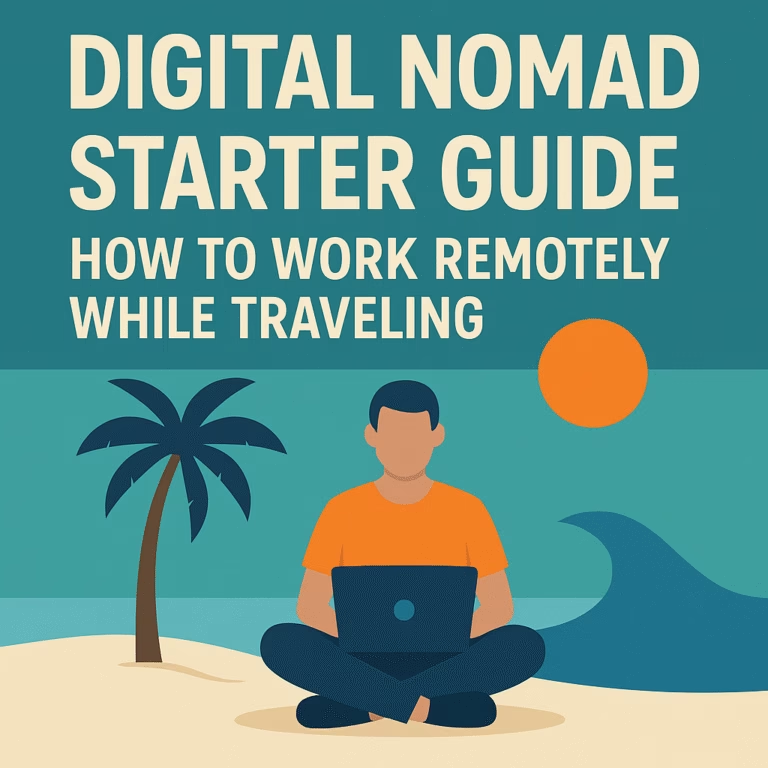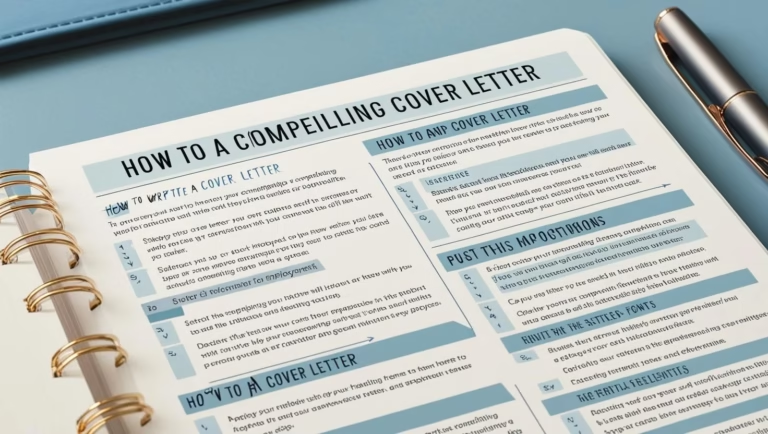Top 10 Common Job Interview Questions and How to Answer Them
Whether you’re fresh out of college or a seasoned professional, job interviews can feel intimidating. But one of the best ways to build confidence and make a great impression is by preparing answers to the most common interview questions. In this post, we break down the top 10 interview questions employers love to ask—and how…
Whether you’re fresh out of college or a seasoned professional, job interviews can feel intimidating. But one of the best ways to build confidence and make a great impression is by preparing answers to the most common interview questions. In this post, we break down the top 10 interview questions employers love to ask—and how to answer them like a pro.
1. Tell Me About Yourself
What They’re Really Asking:
“Give me a quick overview of your professional background and how it aligns with this role.”
How to Answer:
Focus on your career summary, not your life story. Start with your current position, touch on your previous roles, and finish with why you’re excited about this opportunity.
Example:
“I’m a digital marketing specialist with five years of experience helping startups grow through data-driven campaigns. At my current job, I’ve increased web traffic by 80% in the last year. I’m now looking to bring that growth mindset to a larger team like yours.”
2. Why Do You Want to Work Here?
What They’re Really Asking:
“Have you researched our company, and do you align with our mission?”
How to Answer:
Show you’ve done your homework. Mention specific things about the company—its culture, mission, products, or recent news—and tie them back to your values or career goals.
Example:
“I admire how your company blends innovation with sustainability. I read about your recent green initiative, and I’d love to contribute to a team that’s making a real impact.”
3. What Are Your Strengths?
🔍What They’re Really Asking:
“What can you bring to the table?”
How to Answer:
Pick 2–3 strengths that are relevant to the job. Support each with a brief example of how you’ve used them in the past.
Example:
“I’m great at project management and clear communication. In my last role, I led a cross-functional team that delivered a major product release ahead of schedule.”
4. What Is Your Greatest Weakness?
What They’re Really Asking:
“Are you self-aware and willing to improve?”
How to Answer:
Choose a real weakness, but one that won’t hurt your chances. Explain how you’re actively working to improve.
Example:
“I used to overcommit to projects, wanting to be helpful. I’ve learned to set better boundaries and prioritize more effectively, which has improved my time management.”
5. Why Did You Leave Your Last Job?
What They’re Really Asking:
“Is there any drama I should know about?”
How to Answer:
Keep it professional and forward-looking. Don’t badmouth your former employer.
Example:
“I enjoyed my time there and learned a lot, but I’m ready for a new challenge where I can grow and contribute in new ways.”
6. Describe a Challenge or Conflict You Faced and How You Handled It
What They’re Really Asking:
“Can you handle tough situations and work well with others?”
How to Answer:
Use the STAR method (Situation, Task, Action, Result) to tell a brief story that shows your problem-solving skills.
Example:
“When two departments clashed over a project deadline, I organized a meeting to realign priorities. We found a compromise that worked for both sides and delivered the project on time.”
7. Where Do You See Yourself in Five Years?
What They’re Really Asking:
“Are you ambitious—and does your future align with our company?”
How to Answer:
Be honest but align your goals with the company’s direction.
Example:
“I see myself taking on leadership responsibilities, continuing to grow within a company that values innovation and collaboration—like this one.”
8. Why Should We Hire You?
What They’re Really Asking:
“What makes you the best fit for this job?”
How to Answer:
Summarize your top strengths and how they meet the company’s needs.
Example:
“With my background in UX design and my passion for user-centered solutions, I can help your team create intuitive, impactful products.”
9. What Are Your Salary Expectations?
What They’re Really Asking:
“Can we afford you—and are your expectations realistic?”
How to Answer:
Research salary ranges ahead of time. Give a range based on your research and experience.
Example:
“Based on my experience and market research, I’m looking for something in the $70,000 to $80,000 range, but I’m open to discussion depending on the full benefits package.”
10. Do You Have Any Questions for Us?
What They’re Really Asking:
“Are you genuinely interested in this role and our company?”
How to Answer:
Always say yes! Ask thoughtful questions about the role, team culture, or future goals.
Examples:
- “What does success look like in this position?”
- “How do you support employee growth and development?”
Final Tips for Acing the Interview
- Practice out loud: Rehearsing answers builds confidence.
- Customize your responses: Tailor your answers to the job and company.
- Stay positive: Keep the tone upbeat, even when discussing challenges.
- Follow up: Send a thank-you email to reiterate your interest.
RELATED TOPICS
- Interview Preparation Strategies: How to Ace Your Next Job Interview
- A Step-by-Step Guide to Acing Your Next Job Interview
- How to Write a Resume That Actually Gets You Interviews
Need more job search help?
Check out our other guides on Industry Insights & Salary Guides for resume tips, cover letter advice, and more!
